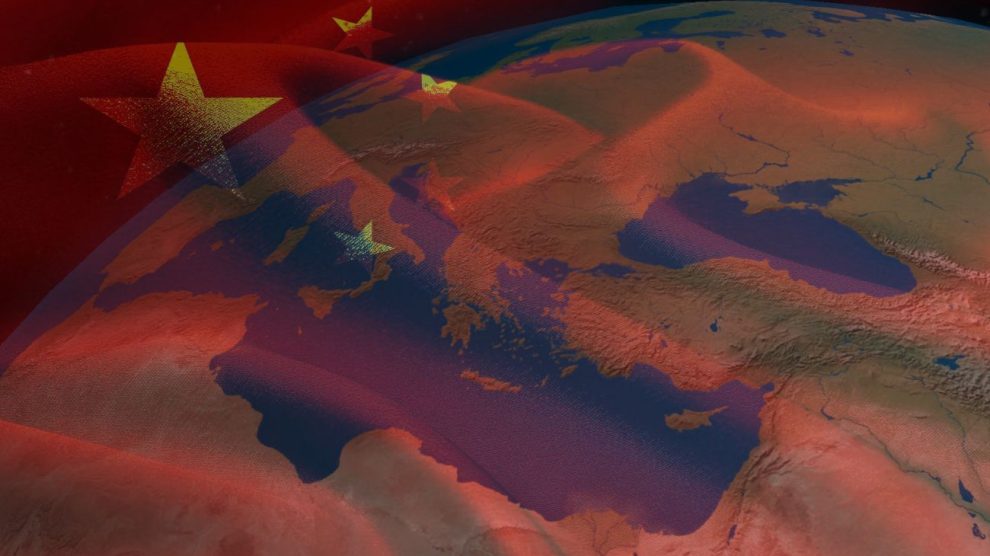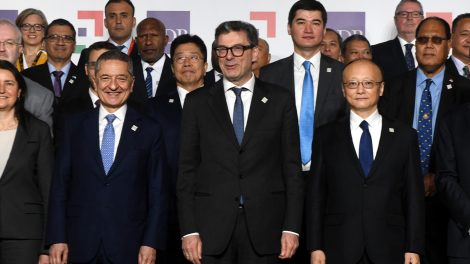China’s shopping the Med. The Italian Ministry of Defence recently remarked how the United States’ partial military disengagement in the MENA area created a vacuum that attracted old and new global competitors.
- Russia and China boast an increasing presence in the Med basin. And China, write the Italian generals, is relentlessly pursuing a penetration strategy akin to that in the African and Middle Eastern countries.
- This approach is mainly focused on the economic and commercial sphere, the real channels through which Beijing pursues its strategic objectives.
The Dragon’s expanding reach. According to the most recent data collected by the ChinaMed research project, Chinese investments have slightly increased in the Middle East and slightly decreased in Northern Africa and Southern Europe. But that’s not the full story.
Enter the expert. “Covid-19 has likely contributed to slowing down, if not reducing, China’s economic presence over the past two years,” explained Andrea Ghiselli, assistant professor at Fudan University in Shanghai and research manager of TOChina Hub’s ChinaMed Project.
- Still, he added, China remains a crucial economic, and therefore diplomatic, player in the region. Chinese companies operate in, or control, multiple ports around the Med basin, the Red Sea and the Gulf.
- Therefore, the most recent years distort the overall perspective: it’s more accurate to describe China’s penetration as growing.
It’s military, too. And the Italian generals noted China’s rather limited but “growing military dimension” in the wider Med.
- Mr Ghiselli noted no significant changes in the past years. “Essentially, Chinese ground troops partake in various peacekeeping missions – such as in Lebanon, Mali and, further south, in South Sudan. Chinese navy ships patrol the Gulf of Aden in coordination with those of other countries, including Italy.”
There’s a base (and weapons deals). China has had a base in Djibouti since 2017, which supports anti-piracy missions while shoring up the military presence in a strategic area. But there’s more.
- “China is also establishing itself as a producer of armaments, as in the case of artillery and ships it sold to Algeria and the anti-aircraft defence systems it gave Serbia, although certainly not at the level of Russia or the United States.”
Hey, EU. Given the US left that vacuum, can Europe and Italy still try to fill it by preventing potentially rival actors from penetrating deeper into it? “Certainly,” replied Mr Ghiselli. “Italy and Europe are due for a more serious debate on China’s role in the Med, at long last. That said, I believe we need to be pragmatic and careful.”
Playing it cool. He also believes the Med is not especially important for Chinese diplomacy: “Generally speaking, I believe Beijing would rather be able to continue doing business and avoid getting involved in regional crises and disputes.”
- “Now that we realise China is really close, it’s counterproductive and futile to treat it only as a rival. Due to its membership in the EU and NATO, there are obvious limits on the Italian side, in terms of how and when one can work with China. Beijing is also very cautious. However, building a working relationship with China in the Med could also be a viable path.”




